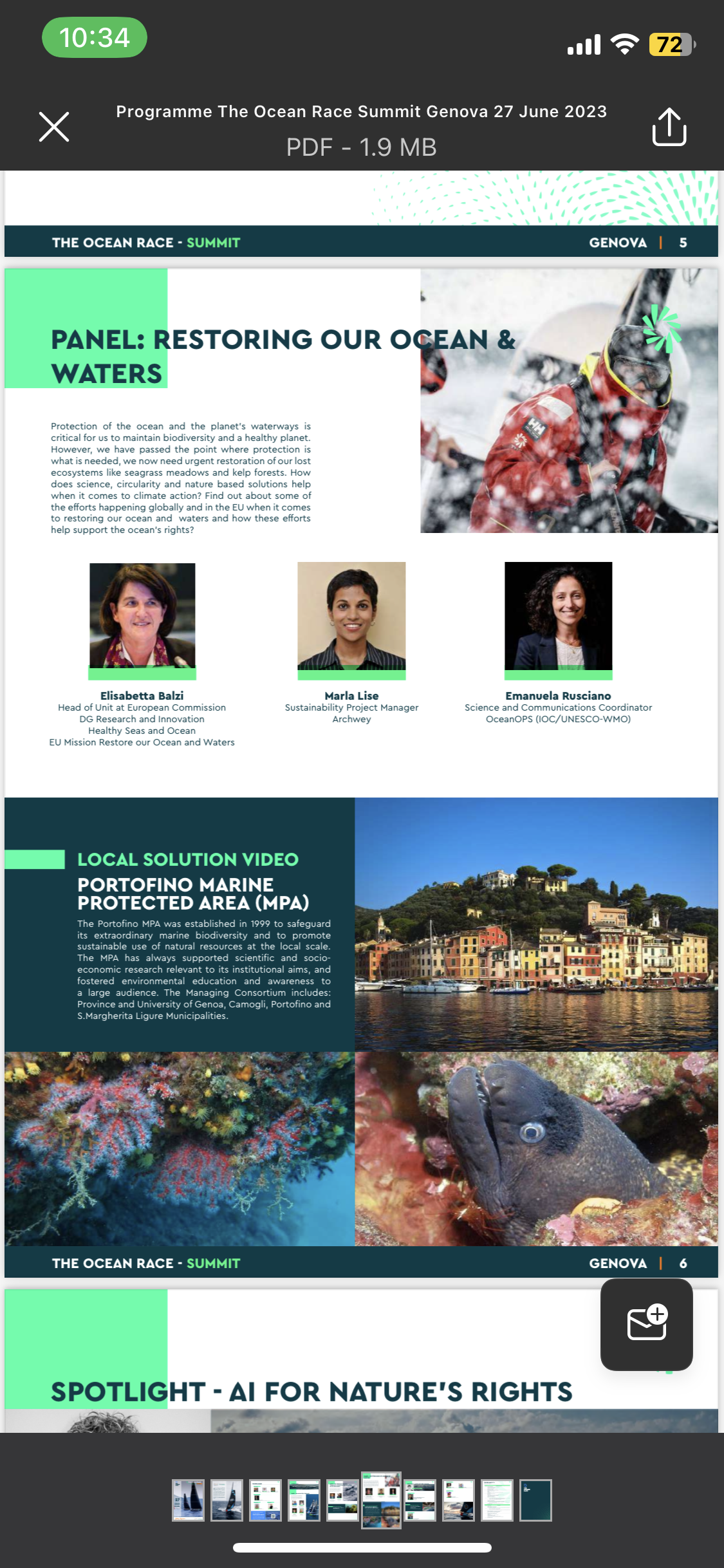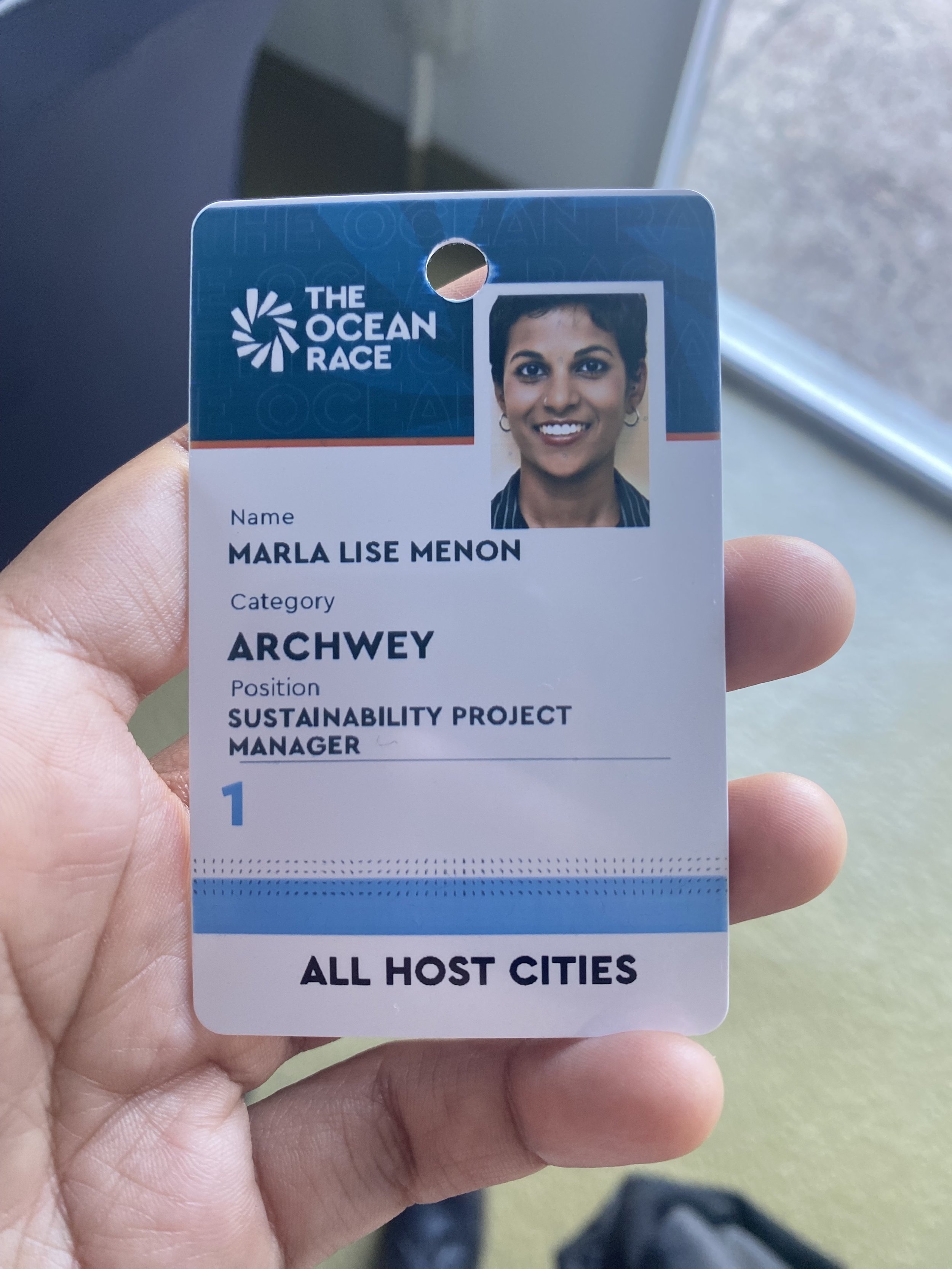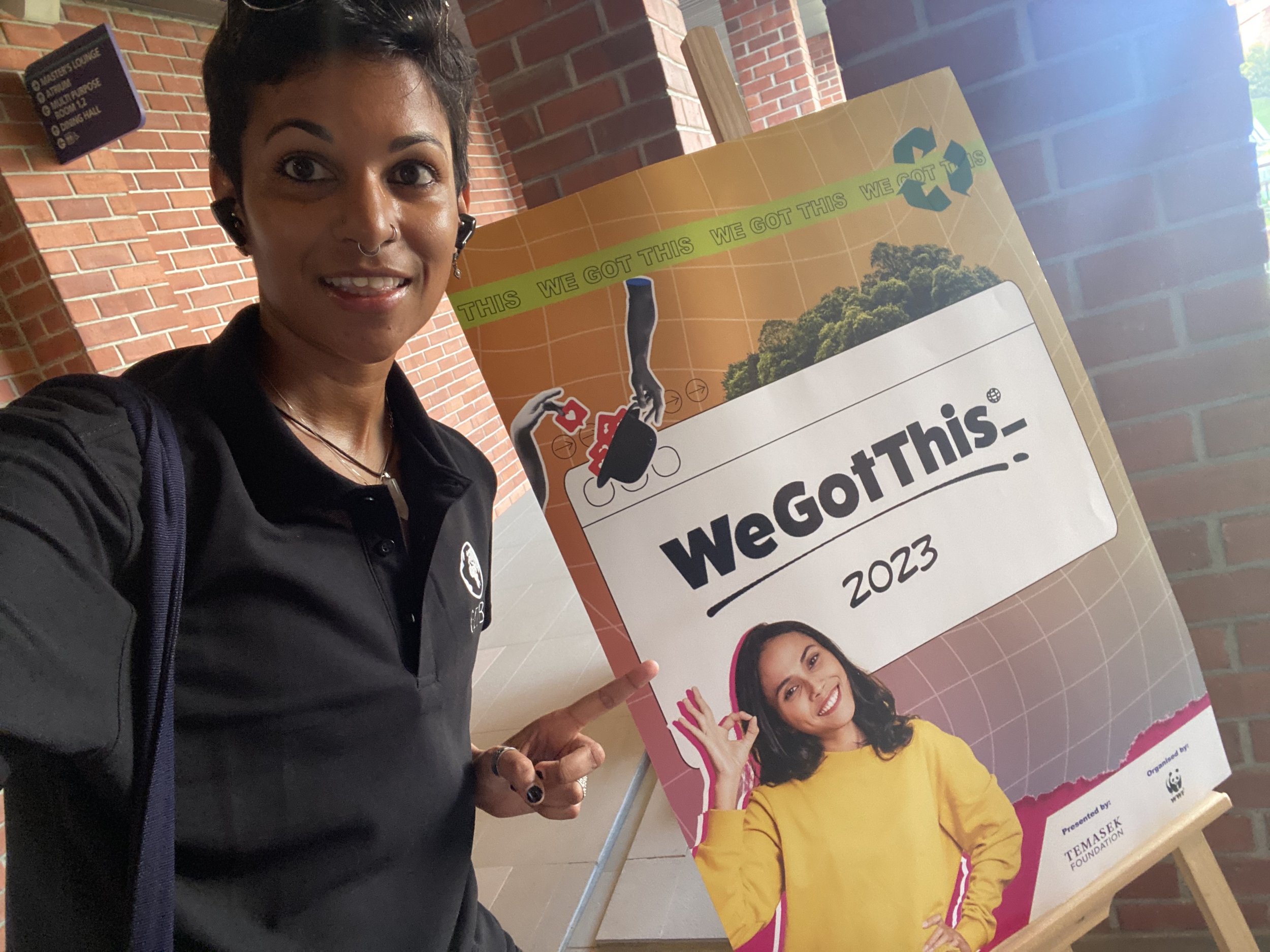Knock-On Effects
Have you heard of the chaos theory?
Britannica defines it as, “the study of apparently random or unpredictable behaviour in systems governed by deterministic laws.” I like this definition by Fractal Foundationbetter: “the science of surprises.”
For a long time, scientists have known that for every action (force) in nature there is an equal and opposite reaction. Newton’s third law of motion. The idea that the flap of a butterfly’s wings in Brazil can set off a tornado in Texas has been in discussion since North American meteorologist Lorenz’s presentation of this famous quote in 1963. In this idea, Lorenz was referring to an even earlier one by Newton, in 1687, where Newton suggested that “nature is a probabilistic mechanical system, a clockwork universe.” He suggested there was a god controlling the universe as it ticked along in perfect time, governed by the laws of physics.
Boo!
It’s chaos. Surprise.
The perfect tick, tick, ticking of the clock is out of whack and in its place, a mess of unpredictable occurrences around the world.
Just in May 2024 alone we are seeing, a tornado in Western Australia, egg sized hail stones in Houston, flash floods in Afghanistan, torrential rain in Brazil, the aurora borealis lighting up the sky around the world, severe heatwaves in Thailand, Cambodia, India, and I don’t know about you, but the thunder in Singapore has been pretty hectic.
For 300 years, we’ve known that our actions have chaotic consequences but because we are so busy being revolutionized industrially, we have just put that knowledge on the backburner and kept on growing. We’ll be fine. Someone else will deal with it.
Another surprise. No, they won’t.
With massive changes occurring globally at unprecedented rates, our clockwork universe is slowly unwinding. Perfect mechanisms are completely out of sync, gears are not turning correctly, cogs are stuck and bent out of shape. Changes in weather patterns and temperature ranges are causing chaos. We are starting to realise the true unpredictable behaviour of the planet and her inhabitants. There are many connections lurking in the shadows. Unimagined reactions to our unsustainable actions.
Mosquitoes are the world’s deadliest animals. These tiny death missiles kill around 1 million people yearly. Climate change is going to see mozzie related mortality rates increase along with increasing temperature. Places previously free from mosquito fatalities will soon be surprised with these miniscule mayhem makers.
Avian breeding seasons are changing in response to the changing seasons. Where once, a warm temperature meant more food and therefore a good time to breed, now seasons are mismatched, with warmer temperatures and insufficient resources, leading to unsavory conditions for fledglings.
Many other species are moving around due to the migrating temperature bands. Intricate webs of interconnected systems unravelling, exposing more and more scary surprises.
Beavers flock to the Arctic, their nest sites doubling over the last 20 years. Their dams have blocked water ways and reduced the amount of drinking water available downstream. Hiding behind these seemingly happy pools of water are feedback loops, driving an endless cycle of warming waters, thawing grounds, and an increased influx of beaver buddies.
Pollinators are at risk of going extinct. A World Economic Forum report stated that, "75% of the world’s food crops depend on pollination by at least one of the 20,000 species of pollinators.” The report continues to state that, “the pollinator declines will likely have the biggest impact on the poorest people of the world.” The lack of butterfly wings will surely cause a nutritional disaster for those already suffering from malnutrition.
Coral reefs face up to 99% damage if temperatures hit the 2°C threshold. So now what will happen considering scientists have projected that we’re heading towards 3°C if the energy transition is delayed. With a global 3°C increase in temperature, a third of Australia’s plants will migrate towards the south pole. After a million years of symbiotic evolution, this will have major impacts on all ecosystems that rely on them.
Positive feedback loops are the scariest. Once set in motion, even if all human activity stops, these loops just feed themselves. Don’t let its happy name fool you. These loops are very, very negative. With thawing permafrost comes a release of methane. Methane enters the atmosphere, warming it along with the other greenhouse gases, thawing more permafrost. A vicious cycle continues.
Everything we’re witnessing now, this May, with weather - that’s not the nightmare.
Winter is coming.
Get ready for chaos.
Boo.


















